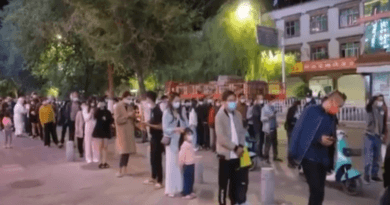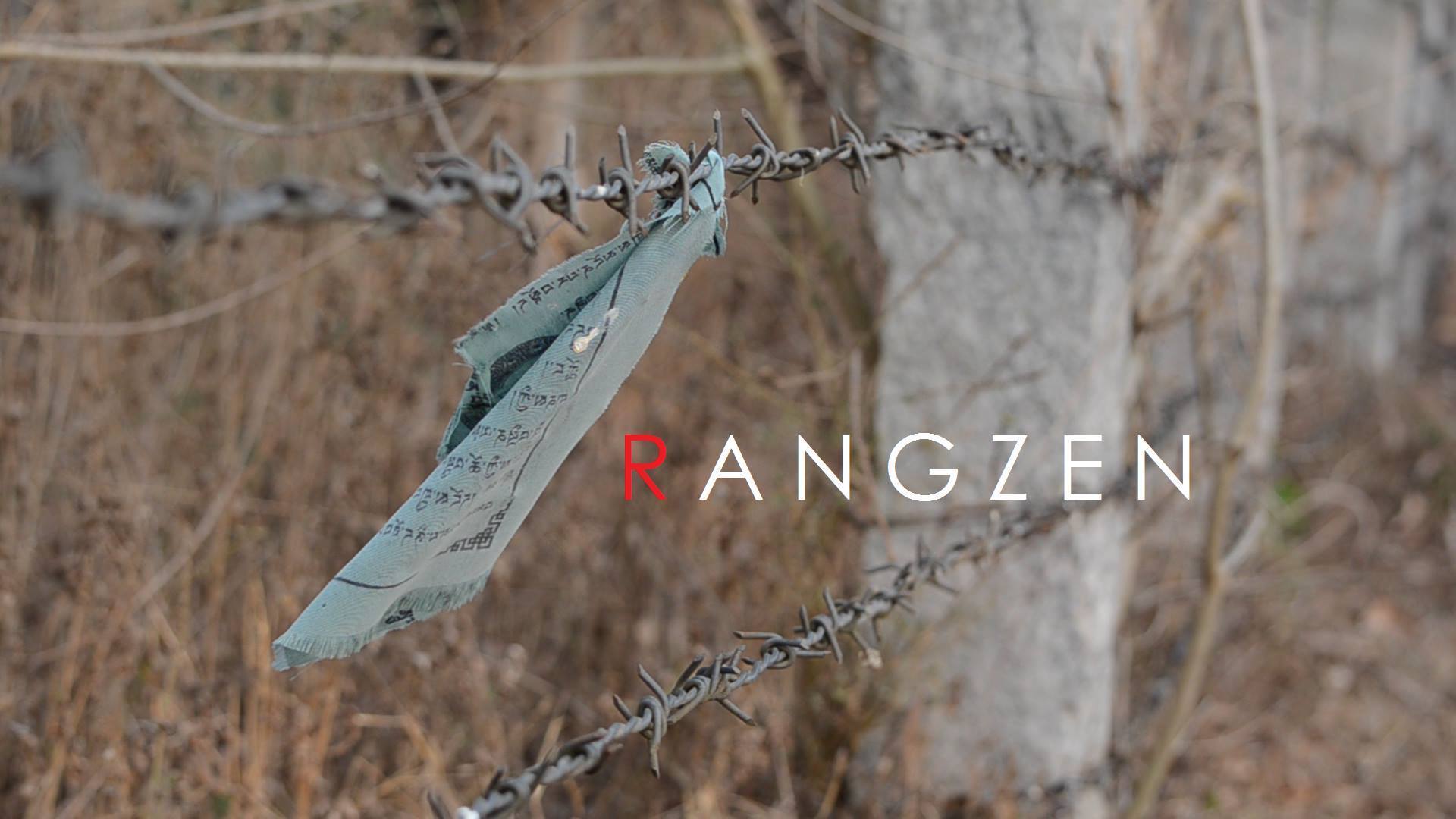China’s Fast Track Erasing Tibet: ‘Xizang’ replaces ‘Tibet’ in Official Discourse
By Tsering Choephel

DHARAMSALA, 16 Oct: China has expedited its efforts to entirely replace the term ‘Tibet’ with “Xizang” in romanised Chinese. As per reports from Radio Free Asia (RFA) Cantonese, on Tuesday the Chinese media and the official account of the United Front Work Department of the Chinese Communist Party (CCP), “United Front News,” has declared that “there is no more Tibet in the official documents of the Chinese Ministry of Foreign Affairs.”
During the opening ceremony of the Third Trans-Himalaya Forum for International Cooperation held in Nyingtri in Kongpo region on 5 October, the English transcript of Wang’s speech reportedly used ‘Xizang’ consistently in reference to the CCP’s demarcated Tibet Autonomous Region (TAR).
In Aug this year, a call for Beijing to use ‘Xizang’ instead of ‘Tibet’ in reference to the CCP’s demarcated TAR was raised by China experts at the 7th International Tibetan Studies seminar held in Beijing from 14 -16 August.
The report stated that the change of name ‘Tibet’ was proposed back in the 2014 National People’s Congress by Zheng Gang, a local official in southern Hainan province and a member of the Chinese People’s Political Consultative Conference.
As it is generally known among Tibetans and internationally, Tibet encompasses all three traditional provinces of Amdo, Kham and Utsang. Following the CCP’s armed annexation of Tibet, it was divided into what they call the ‘TAR’ while all parts of Amdo and Kham provinces were subsumed into the Chinese provinces of Sichuan, Gansu, and Yunnan.
Observing that the existing understanding and discourses on Tibet internationally acknowledges and supports the historical and cultural fact of Tibet as advocated by the Dalai Lama, the Central Tibetan Administration, its supporters and independent international scholars on Tibet – Beijing aims to overtake the narratives from all angles and sides with fake names, draconian laws and propaganda facades.
Speaking to the RFA, Dawa Tsering, director of the Tibet Policy Institute called the move a terrible political move and said “By imposing its Chinese concept on the English one, it wants to secretly change the concept. It wants to tell others that Tibet is just the ‘Tibet autonomous region.’ Apart from expressing its sovereignty, it is adopting a divide-and-rule policy for Tibet.”
He added “This is also a litmus test to see whether the international community will succumb to the CCP’s tyranny. If you give in, you will call ‘Xizang’ like the Chinese parrot; if you don’t give in, just continue to use ‘Tibet’ because this is a true fact.”
The report also quoted Yang Haiying, a professor of Mongolian origin at Shizuoka University in Japan, as saying “These are political actions of ‘de-ethnicization.’ ‘De-ethnicization’ is equivalent to the idea of resolving ethnic issues. It is an approach to deny ethnicity by emphasizing ‘de-ethnicization’ of regions,” the professor has said and added that “One way is to shrink the scale of Tibet’s expansive cultural area, and more so, the other is that [the CCP] will soon say ‘there are no Toubou [or Tubo] people in China, but only Tibetans.
Haiying pointed out that “Inner Mongolia” was replaced by “Nei Menggu” on the passports of Inner Mongolians a few years ago as the CCP violated its own laws.
Following the proclamation by United Front News and other Chinese state-run media regarding the CCP’s takeover of the use of ‘Tibet’ with ‘Xizang,’ Weidan, a Chinese e-commerce service provider for over 90 million online retail outlets, has warned its user merchants that “their products would be removed (from the site) if they displayed the word ‘Tibet,” the South China Morning Post reported on Sunday.






